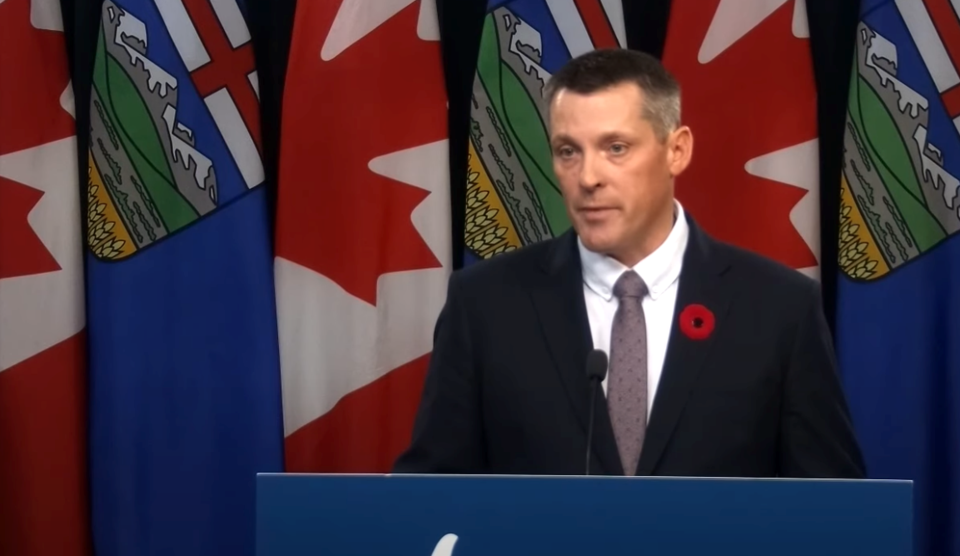Amendments to Alberta laws governing non-union public sector employees could mean the return of lavish executive pay packages, and an escalation of government interference in the collective bargaining process, says Jason Foster, associate professor of human resources and labour relations at Athabasca University.
The Public Sector Employers Amendment Act received royal assent on Dec. 22, 2023. The updated legislation replaces the NDP-era Reform of Agencies, Boards and Commissions Compensation Act (RABCCA), which was introduced in 2017 to bring executive pay in line with other public servants and eliminate perks like retention bonuses and golf club memberships.
Along with scrapping salary caps and other restrictions, the amendments give Alberta's finance minister the power to issue directives to employers that set pay rates or establish public sector compensation policies for the approximately 30,000 staff not covered by collective agreements.
"It very much is a return to the old, Progressive Conservative, Tory way of doing things. Where you offer up a nice, sweet contract to a friend," Foster said.
"It's going to lead to an escalation of salaries for senior executives, of their salaries and their perks. And I'm not at all convinced that is in the public interest. I mean, I am unconvinced they're having a hard time recruiting capable people to be senior administrators for various government agencies and bodies under the existing rules."
Finance Minister Nate Horner said when the bill was proposed changes were needed to keep Alberta's public organizations competitive and retain top talent.
"This legislation is long overdue and would alleviate the challenges public sector employers have been facing for years. Reducing barriers will help recruit and retain staff in the public sector,” he said during a 2023 press conference.
The restrictions on public sector executive pay were introduced following scandals like executives gold club memberships being included in compensation packages and the Workers Compensation Board president taking home nearly $900,000 in 2015. Many executives have taken pay cuts since RABCCA was introduced, though the current WCB president still received about $500,000 in total compensation in 2022.
Alberta Union of Provincial Employees president Guy Smith said he respects the need to boost salaries to keep valuable people from leaving an organization, "but at the end of the day, it's difficult to swallow sometimes."
"Particularly when senior management are making good wages," Smith said. "They've got a better pension plan, they probably don't have nearly the workload or the stresses that our members on the front lines do. So, I think the government needs to be cautious how it implements (the Act). Because it's a matter of widening the gap, if you like, between non-union and union members."
A second element of the Public Sector Employers Act Foster says is concerning is its use to intervene in the collective bargaining process between unions and employers. The Act allows the finance minister to issue mandates to employers which establish the conditions that can be offered to bargaining units during contract negotiations.
"It kind of makes a bit of a mockery of each individual bargaining table. It kind of makes them a shadow of what they were, because they're not actually negotiating up the table, because the minister is bringing secret mandates down. And that's the problem."
These "secret mandates" have been used in the past "to try and curtail wage increases," Foster said. With the government gearing up to bargain with 250,000 public employees this year, he expects they will be part of an attempt to "manage and intervene in bargaining and 2024. And it will be to try and keep wages down."
"I think Albertans should be very skeptical about any argument that says the people at the top deserve more, but the people on the front line don't," Foster said. "Any time that argument gets made, Albertans should be very, very suspicious of what's happening."




